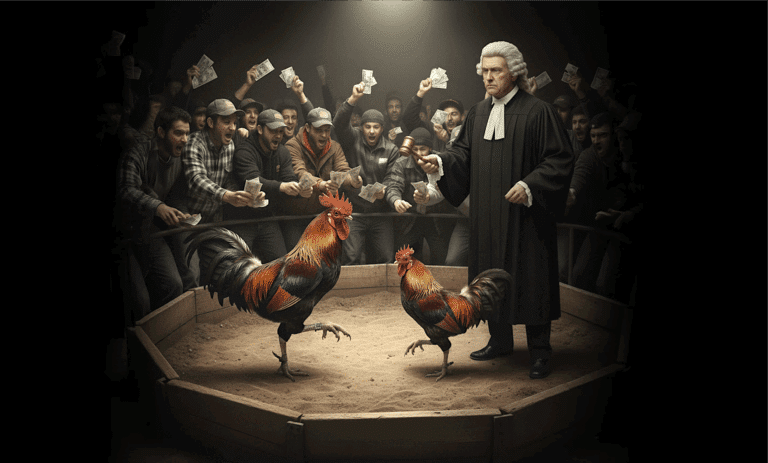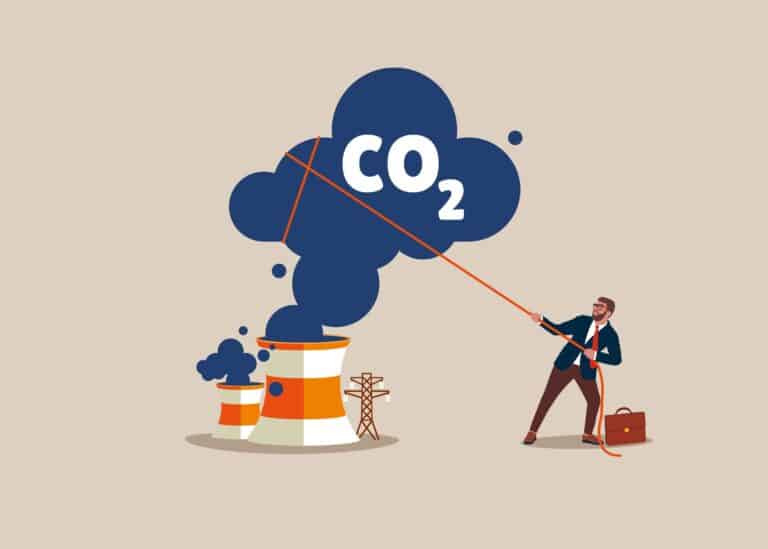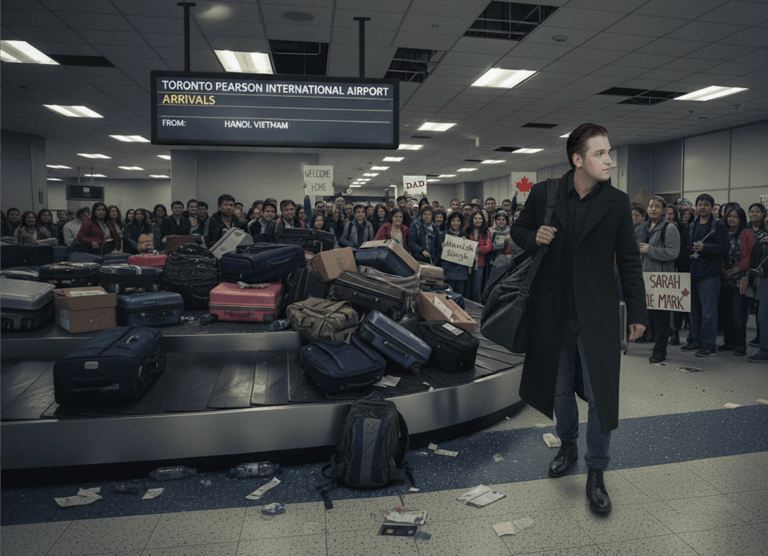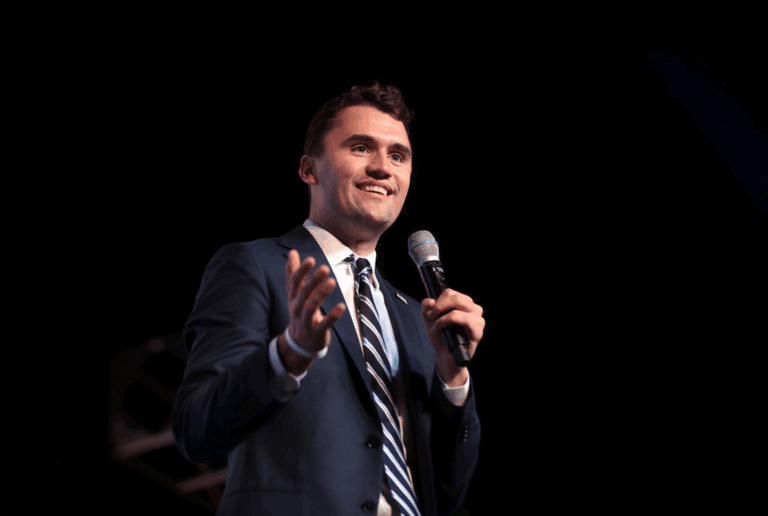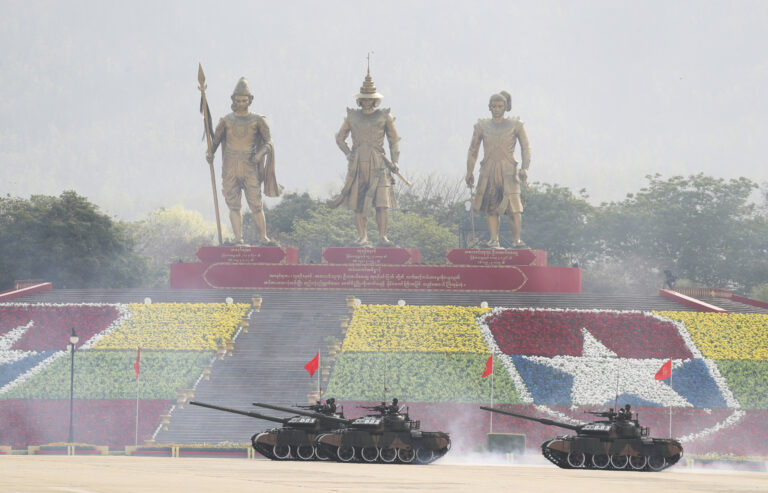In Thailand, as elsewhere, what I call the “CPC” virus has turned the country upside-down. The economy is effectively shut down, and basically only grocery stores, pharmacies and sellers of other necessities remain open. The rumour mill abounds, and one is hard-pressed to know what to believe. Multiple “unconfirmed reports” about this or that swirl about on social media: the entire nation is about to go into lockdown; the government is easing all restrictions; all foreigners will need to report to quarantine hotels. I’ve learned to ignore the paranoid postings on Facebook. Uncertainty is the order of the day. The only thing we know for sure is that things are changing rapidly.
In late March, I left the northern city of Chiang Mai to escape the seasonal smoke that typically afflicts that area, little anticipating the developments the Covid-19 virus had in store. I work at Chiang Mai University, which in concert with other Thai universities closed its doors early that month to help slow the spread of the virus and mitigate its effects. My already minimal on-campus duties disappeared. I was scheduled to return to my hometown of Kelowna on April 24, so before I left, I thought I should take advantage of the campus closure to escape the city’s awful smoke.


The smoke is the product of an ancient agricultural practice. The farmers in the northern region of Thailand (as well as in neighbouring Laos, Cambodia and Myanmar) burn the stubble and thatch in their fields to prepare for planting and to encourage the growth of a valuable mushroom, which they sell to China, providing a much-needed cash crop. The practice has been going on since time immemorial. Still, it worsens the region’s air pollution, particularly with the recent introduction of a new crop, corn, with its enormous amount of organic waste.
When I first arrived in 2016, the smoke was annoying, but tolerable, and lasted about six weeks. Now, from mid-January through late April, Chiang Mai has some of the world’s worst air quality. Above all else, it is a health hazard and those who can get out of town.
There is no safety net in Thailand, and it’s difficult to know how these poor people are going to survive. We in the West glibly talk of having six weeks of supplies to wait out the quarantine. People here are fortunate if they can put rice in the bowl for three days.
This is a great pity, for as anyone who has visited Chiang Mai will tell you, it is a magical place. The modern nation of Thailand was formed under King Chulalongkorn who, like Garibaldi in Italy or Bismarck in Germany, assembled Thailand by consolidating autonomous kingdoms – Siam, Lanna and Sukothai – into a centrally-governed national state. Chiang Mai was the historical capital of the Lanna Kingdom and has remained the educational, cultural and economic centre of northern Thailand.
In the “Land of Smiles,” the people of the North stand out as exceptionally friendly. Even in the time of the virus, their unflappable good nature shines through. They do have an uneasy relationship with the Chinese, however. It’s somewhat analogous to many Canadians’ attitude towards Americans. Chinese tourism and investment have become critical to Thailand’s economy, intermarriage is common, and innumerable Chinese families have brought their children to northern Thailand to attend English-language schools. The northern regions felt overwhelmed by the influx. Land ownership in Thailand by foreigners, including Chinese, was prohibited – a welcome intervention that has prevented Thais from becoming tenants in their own land.

Inset 3 – Enchanting jewel: The city of Chiang Mai in Thailand’s north, including the Wat Chiang Man, the city’s oldest temple.
As the old story teaches us, every Edenic Garden has a snake. And so I decided to flee the smoke by heading to Krabi, a southern resort town on the Andaman Sea, and visit with two Australian friends who live there.
Before I left, I went to the night market in Chiang Mai. It was a sad sight. Most of the stands were closed, and “For Rent” signs were everywhere. Also gone were the once-ubiquitous ladyboy shills, a uniquely Thai melange of young transsexuals, transvestites and feminine males (the Thais’ equanimity towards nearly all things sexual is legendary, even though they are socially very conservative in most other ways). You could see the looks of panicked desperation on the faces of the remaining vendors. It was heartbreaking. There is no safety net in Thailand, and it’s difficult to know how these poor people are going to survive. We in the West glibly talk of having six weeks of supplies to wait out the quarantine. People here are fortunate if they can put rice in the bowl for three days.
Thailand shut down the massage parlours and girlie bars, what is euphemistically called the “entertainment” industry. There was a photo in the Bangkok Post of hundreds of entertainment workers catching the buses from Bangkok to Issan, the country’s most impoverished region, entirely reliant on agriculture. A friend of mine in Chiang Mai is a medical doctor who did his practicum in Issan. The people of Issan lead lives of impoverished desperation and one of Thailand’s dirty secrets, he said, is the region’s suicide rate. People are driven to despair by crop failures, droughts, low commodity prices and the usual run of afflictions that affect farmers everywhere.

That is why so many of the country’s prostitutes and bar-girls come from the region. As dutiful Thai women, they send most of their earnings home to support their family – including children and aged parents. It’s heartbreaking to think of what will happen when that source of revenue disappears. So many people here live day-to-day, hand-to-mouth. The poor and economically defenceless will suffer the most. Workers in the tourism and night-time industries mostly work for Thailand’s minimum daily wage, which is 300 Baht (about $12 Canadian) for a 12-hour working day. Workers are also expected to put in a six-day week, typically having Sunday off.
A traditional Thai greeting translates as, “Have you eaten yet?” A Thai friend once told me, “If an event doesn’t involve food, we aren’t interested.” There’s good reason Thai food is popular worldwide. Thais are obsessive about it, and it’s one of the joys of living here. Yet the economic losses in the food industry will be staggering. Even in the best of times, people in the industry exist on the precipice of poverty. What will happen when cooks, servers, and street-food vendors can’t even feed their families? It’s horrifying to contemplate. Poverty here is a matter of life and death. My problems centre on a bit of anxiety and uncertainty.
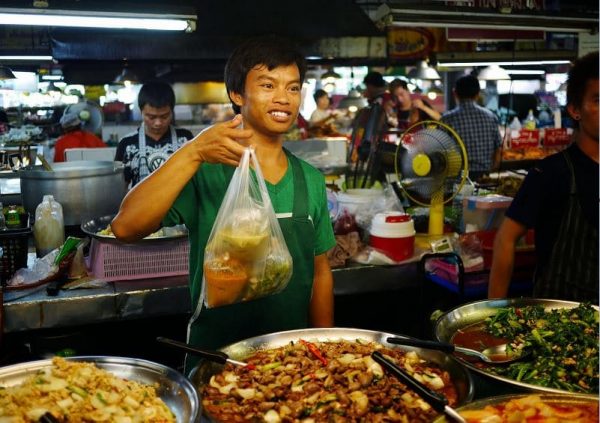

Krabi is a beautiful seaside town, and the jumping-off point to many of the islands shown in Thailand’s tourist brochures, including James Bond Island (made famous in 1974’s “The Man with the Golden Gun”). But the streets are quiet now, and most of the businesses shuttered. We’re not on lockdown, but it’s ghostly still and a bit spooky, given the place’s normal gaiety and vibrancy. Still, the beaches remain open, and our daily routine is to go to a local beach that’s a bit off the beaten track. The water is beautiful, the sun is dazzling – the temperature hovers around 30° C – and we hang out for a couple of hours of socializing. My Aussie friends have taught me how to use “mate” in virtually every sentence, as well as some more colourful expressions.
The driver insists I wear a mask in the taxi, as the police have set up roadblocks to check all car passengers. These sensible practises were widely implemented in a “developing” country a week or more before Canadian federal public health officials would even acknowledge the efficacy of people wearing masks.
As beautiful as Krabi is, and as much as I enjoy the Aussies’ camaraderie, I fear the Thai authorities will soon forbid interprovincial travel. I don’t want to be stranded here. I have booked a flight to Bangkok, where I will take a taxi from Suvarnabhumi Airport to Hua Hin, a seaside city two hours’ drive south. I think this is a prudent manoeuvre, as I want to be near Suvarnabhumi (BKK), from where I’m scheduled to fly back to Canada on April 24.
Uncertainty looms, however. I’m scheduled to transfer through Taipei on a Taiwanese carrier, Eva Air. But Taiwan has prohibited all transit flights until April 15, and there are good odds the closure will extend to month-end. As well, Air Asia and other regional carriers just announced they would stop all domestic flights as of April 1. Fortunately, I’m flying Bangkok Airlines, or at least I think I am. Things are changing by the hour, and I’m half-expecting to be informed that they, too, have grounded their fleet. My alma mater Simon Fraser University’s motto, Nous Sommes Prets, has served me well. Indeed. Hope for the best, but prepare for the worst. Or as Mel Brooks once put it, “Life is a play and we are all unrehearsed.”

I had a long chat with Sharon Dunk, the head of Mercy International, an Australian charity that operates three children’s homes in Thailand and cares for over 200 young souls. She informs me that the kids are in lockdown but all are healthy. I play Santa Claus every year at Ban Maeta (“house of mercy” in Thai), their centre in the city of Phrae. Dunk tells me that Ban Maeta has cancelled its beach trip to Hua Hin at the end of April and, naturally, that the kids are disappointed. It’s their summer vacation and one of the highlights of their year. I had wanted to visit the kids before returning to Canada. Alas…
Upon entering the terminal at Krabi airport on April 1, I have my temperature taken and am given alcohol lotion to wash my hands, a routine repeated when I go through security. The flight to Bangkok is half-full at best, so we’re all able to keep our social distance. I had asked the driver to greet me inside the arrivals terminal, but he wisely chooses to wait for me in his car. He insists I wear a mask in the taxi, as the police have set up roadblocks to check that all car passengers are wearing masks. These sensible practises were widely implemented in a “developing” country a week or more before Canadian federal public health officials would even acknowledge the efficacy of people wearing masks.

Unlike in Canada, the Thais have been wearing masks for the past month whenever they go out in public. The smoke in Chiang Mai makes masks a seasonal necessity. Over here, masks are plentiful and cheap. The Tops supermarket chain is offering them at a promotional discount of about 40 cents with the purchase of groceries. You can even get designer masks: Mickey Mouse, Snoopy and, of course, the ubiquitous Hello Kitty are favourites, particularly with young girls. Looking for something dignified and age-appropriate I decide on a mask decorated with red cherries. It reminds me of the Okanagan.
“We can help patients as much as any other nation.” Dr. Siladech’s matter-of-fact tone is a welcome contrast to the wide-eyed near-hysteria evinced by many North American politicians and officials, most of whom only seem able to predict things becoming ever-worse.
I’ve visited Hua Hin in happier times and one of its culinary pleasures is Ogen, a restaurant specializing in Mediterranean food. Eating in restaurants is now forbidden, and most restaurants are shuttered. But some remain open for take-away. I’m delighted to learn that Ogen is among them. Its proprietor is David Lanziano, an ex-Israeli. I ask him how he can afford to keep going under the circumstances. He tells me that keeping the restaurant open is unprofitable but his Thai employees desperately need the work. “They need to live,” he says. “What else could they do?”
My wife, Angela Dereume, is ever the pragmatist. She tells me that in her estimation, I likely won’t make it back to Canada until late June or July, so I had better get used to the idea of living as an expatriate vagabond. I suspect she’s right. She usually is. Though I miss her dearly, there are worse fates.

And I take comfort in knowing that Thailand has a good health care system and great health care workers. Dr. Pharit Siladech, a physician in Chiang Mai, reports to me on April 3 that, “Thailand currently has over 2,000 COVID-19 patients, some of whom are in serious condition and intubated. But we have only had 20 deaths.” Remarkable for a country of 69 million.
Siladech expresses confidence in his country’s system, saying, “We can help patients as much as any other nation, and with some support from the government, the situation will be under control within two or three months.” Two or three months is his optimistic view. Still, his matter-of-fact tone is a welcome contrast to the wide-eyed near-hysteria evinced by many North American politicians and officials, most of whom only seem able to predict things becoming ever-worse. And my wife appears prescient as ever.
Like political leaders everywhere, Thailand’s politicians have been severely tested. We receive an official announcement from the governor of Prachuap Khiri Khan province (which includes Hua Hin) that, as of April 5, those caught outdoors not wearing a mask are subject to a fine of 20,000 Baht. That’s about Cdn$860 – about two months’ wages for many Thais.

The governor has also declared that all hotels are forbidden to register new guests. Also, foreigners must report their presence to the authorities. I’m undecided whether or not to abide by this new mandate. I don’t want to wind up in quarantine, with the dubious pleasure of paying inflated prices at a designated quarantine hotel. I think I’ll lie low in Joop’s Place in the hills on the outskirts of town. Joop is a gracious and welcoming landlady. She advertises her small hotel as possessing “the comfort of a home with the treatment of a resort”, and it’s difficult to disagree.
It was bound to happen: the Governors of two southern provinces, including the islands of Koh Lanta, Koh Phi Phi, as well as Krabi’s Ao Nang beach, have ordered a lockdown and have closed travel in and out of their provinces. Richard Barrow, a British expat writing in The Thaiger newspaper, states, “It would seem that all foreign tourists in Krabi province have to check out of their hotels before April 10, and move to designated hotels.” This lockdown follows the decision of Phuket, which last week sealed off its land-sea borders and closed its airport until April 10. Terry, my Aussie friend, tells me that I have timed my run perfectly.


So far, I’ve avoided lockdowns and have mercifully stayed one step ahead of the authorities. Another Australian friend, Dianne, has chosen to wait out the virus in Chiang Mai. She tells me I’m having an adventure right out of the Boys’ Own Annual. She’s impressed that I have kept ahead of the worst. But of course, one waits with bated breath for the next development. “What fresh hell is a-coming?” to paraphrase Dorothy Parker.

In the Steven Spielberg movie “Bridge of Spies”, a Soviet spy is captured by the Americans. He faces deportation to the USSR, where there’s a high chance he’ll be shot upon his return. His American handler says to him, “You don’t seem too worried.” The Soviet spy, played by Mark Rylance, replies, “Would it help if I were worried?” Quite.
Whatever other lessons the pandemic might hold in store, it has taught us to appreciate what we have. I just heard from my friend in Bowron Lake, B.C. He informs me that I’m not missing much by staying in Thailand. It’s -21° C outside his cabin and snowing in Vancouver and Kelowna. I’m watching the sunrise over the Gulf of Siam on the beach in Hua Hin. It is a balmy 27° at 6 am. Virus or not, life is good and I’m grateful for the day.
Editor’s Note: As of Easter Sunday, the beaches at Hua Hin remained open, although alcohol sales had been banned for one month, and the author was healthy and safe.
Patrick Keeney is Associate Editor of C2C Journal.
